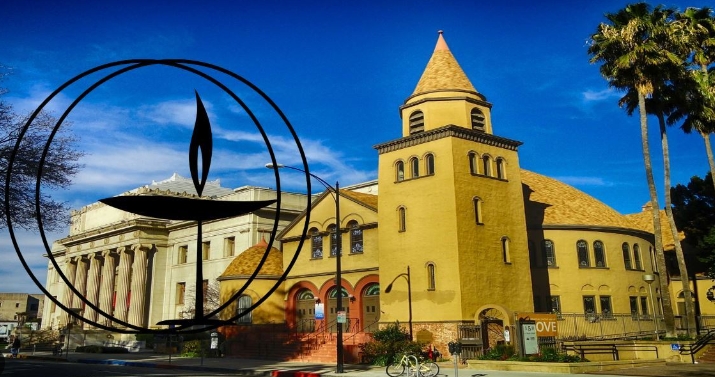Unitarianism is a religious tradition with a rich history that dates back many centuries. Let’s explore the roots of this unique faith and how it has evolved over time.
The Early Years: Unitarianism emerged as a distinct movement in Europe during the Reformation in the 16th century. It was a response to the rigid dogma and hierarchical structure of the Catholic Church, emphasizing the unity of God rather than the Holy Trinity.
The Unitarian Controversy: The spread of Unitarian ideas caused controversy and division within Protestant churches. Many were persecuted for their beliefs, including influential figures like Michael Servetus who was burned at the stake for denying the Trinity.
The Founding of Unitarian Churches: Despite persecution, Unitarianism continued to grow, particularly in England and America. The first Unitarian church in America was founded in 1785 in Boston, marking the beginning of a strong presence in the New World.
The Rise of Humanism: In the 19th and 20th centuries, Unitarianism evolved to embrace humanist principles, focusing on the worth and dignity of every individual and the power of reason and conscience.
Unitarian Universalism: In 1961, Unitarianism merged with the Universalist Church of America to form the Unitarian Universalist Association. This new denomination embraced a wide range of beliefs and practices, including Christianity, humanism, and earth-based spirituality.
Today, Unitarian Universalism is a diverse and inclusive faith community that values social justice, environmental stewardship, and the search for truth and meaning.
In conclusion, the roots of Unitarianism can be traced back to the Protestant Reformation and the rejection of traditional Christian dogma. Today, Unitarian Universalism continues to evolve and adapt to the changing times, welcoming people of all backgrounds and beliefs to explore their spirituality in a supportive and inclusive community.

